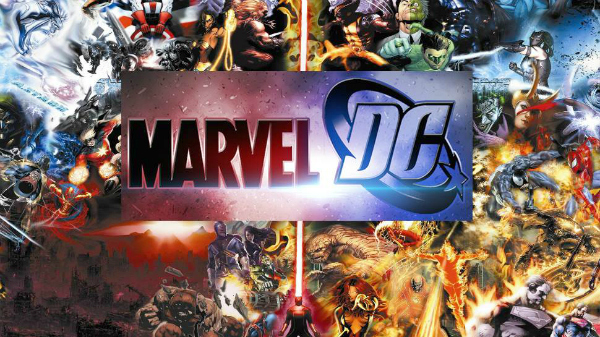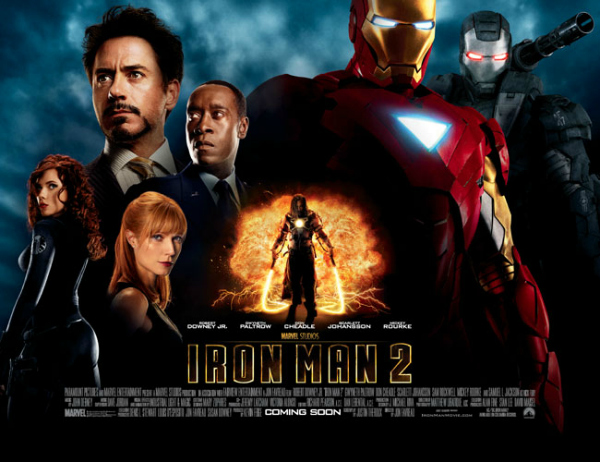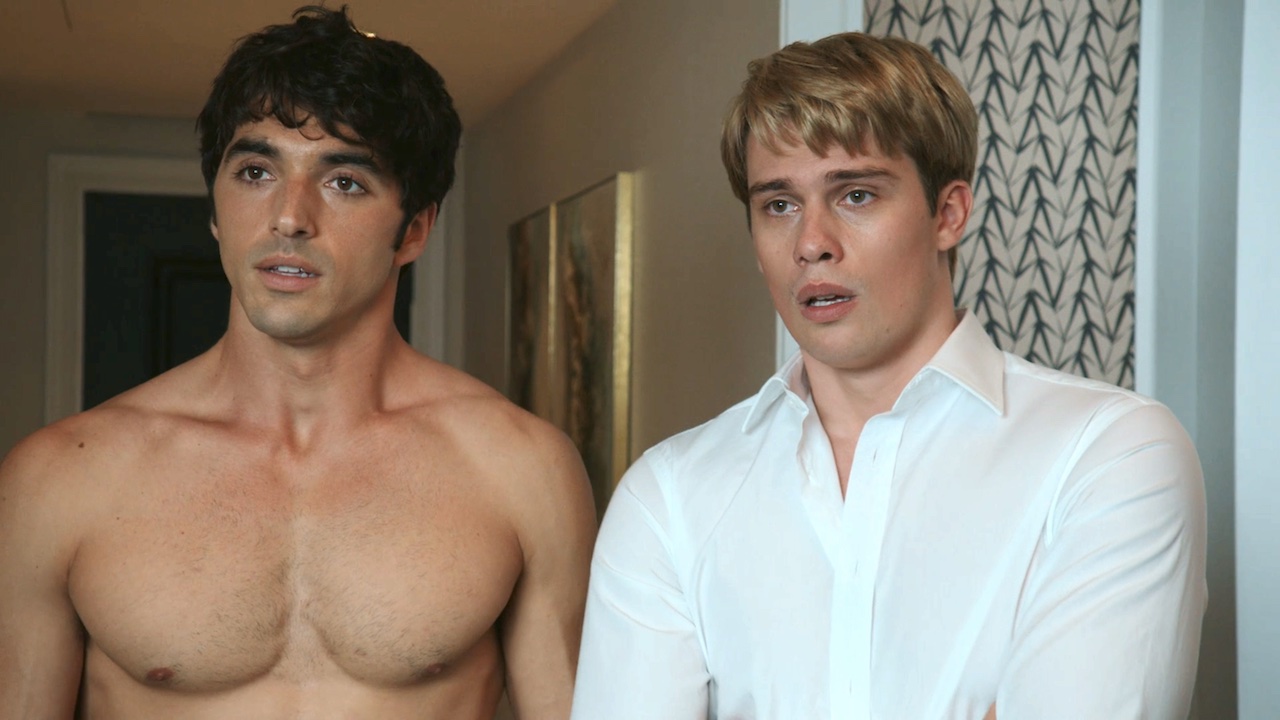How The Reaction To Marvel And DC Movies Is More About Timing Than Anything Else

Your Daily Blend of Entertainment News
You are now subscribed
Your newsletter sign-up was successful
With David Ayer's Suicide Squad now in theaters, the fledgling DC Extended Universe brings its grand total of feature films up to a whopping three... and yet, disgruntled fans who have been unhappy with this year's entries into the growing series are already calling for a complete reboot. Deadline reported on a major shake up behind the scenes at the studio. Esquire built a large profile analyzing DC movies after the "failure" of Batman v Superman: Dawn of Justice. (A movie that failed by only earning $872 million at the global box office.) After only three films, the DCEU is getting a eulogy in some corners of the film world, while Marvel sits comfortably on a pedestal of fan worship and praise.
But where was Marvel and its fledgling MCU after three movies? Great question, and one that I think is VERY important to consider when rushing to compare the efforts of DC to its rivals across town. The MCU officially launched in 2008, when Tony Stark (Robert Downey Jr.) looked into a camera and declared, "I am Iron Man" in Jon Favreau's rollicking origin story Iron Man. Few could have predicted back then that the Marvel experiment would succeed to the level that it has, but the early steps of the MCU were almost as rocky as DC's seem to be right now. Shortly after Iron Man charmed audiences (and critics, to be fair), Marvel dropped Louis Leterrier's The Incredible Hulk -- and the reception was so tepid, the green giant was basically shelved by Marvel until Joss Whedon figured out how to resuscitate him in The Avengers. (A movie that involved a recasting.)
The third movie in the Marvel Cinematic Universe? Iron Man 2. A sequel several Marvel fans want to pretend didn't happen. A Marvel movie that critics, at the time, called "half the fun of the first movie, and twice as convoluted," and "a bald-faced setup for The Avengers." Doesn't that sound like criticism that was leveled as Batman v Superman, a movie that was a blatant tease for a Justice League movie?

So, three movies into their world-building exercise, Marvel had: a popular and successful origin story (Iron Man); a gritty outlier (The Incredible Hulk); and a sequel dismissed as convoluted that's an obvious set-up for an ensemble blockbuster (Iron Man 2). And three movies into its world-building exercise, DC has: a financially successful but divisive origin story (Man of Steel); a gritty outlier (Suicide Squad); and a sequel dismissed as convoluted that's an obvious set-up for an ensemble blockbuster (Batman v Superman). Why is DC getting bashed, while Marvel has a bit of a pass?
The answer, in my opinion, is timing. Marvel benefits from coming first, naturally. But Marvel also benefits from attempting to launch its Cinematic Universe at a time when very few even understood what a Cinematic Universe could amount to. Obviously, behind the scenes, Marvel's top brass saw the wheels spinning on a larger picture, where Tony Stark would appear in the end credits of The Incredible Hulk to recruit the military into sharing Bruce Banner (Edward Norton, who'd later be dropped), and Iron Man 2 would introduce Black Widow (Scarlett Johansson as an agent of S.H.I.E.L.D. But if those movies failed, would we get as far as Phase Two in the MCU? Or would we see a situation similar to Fox and The Fantastic Four, a series that tries to relaunch every few years because they can't quite figure out the team's origin.
On the flip side, DC -- by launching later and trying to follow Marvel's carved path -- faces much larger expectations, because by 2015 and '16, we're intimately aware of the power of a shared cinematic universe. The DC films, so far, feel like they live under a much more powerful microscope than the first three movies of the MCU ever did. Fans, it seem, want the DCEU to connect the way that Marvel does in its Phase Three, forgetting that Marvel has had 12 films to lay the proper groundwork for a movie like Captain America: Civil War to happen. Marvel has had time. DC has not... yet.
There's also something to be said about the state of the movie landscape in 2016, versus what Marvel faced in 2010. Social media's more prevalent today than it was even six years ago, and word-of-mouth (especially negative buzz) creates a much higher hill for a movie to climb. No one was making memes of Robert Downey Jr. after Iron Man 2 got a few critical jabs, for example.
Your Daily Blend of Entertainment News
But ultimately, I think that DC is facing unfair scrutiny after only three films because fan expectation has only increased over the years thanks to the successful blueprint Marvel has established, and we need to remember that after three films, Marvel was still figuring out their overall direction as a studio, and as an interconnected cinematic universe. In fact, if we project outward, it's eerily similar how next year's Wonder Woman film parallels with the fourth MCU movie, Thor, and how Justice League easily could serve as the DCEU equivalent of The Avengers.
Is The DCEU perfect? Hardly. After only three films, they are experiencing similar growing pains, and shouldn't be compared to Marvel's current state, because they aren't there yet. Let's step back, give DC the proper time, and see where it stands after a few more films have been built upon the foundation that has been laid... much like we did with Marvel back in 2010. Time, in this instance, can make all the difference in the world.

Sean O’Connell is a journalist and CinemaBlend’s Managing Editor. Having been with the site since 2011, Sean interviewed myriad directors, actors and producers, and created ReelBlend, which he proudly cohosts with Jake Hamilton and Kevin McCarthy. And he's the author of RELEASE THE SNYDER CUT, the Spider-Man history book WITH GREAT POWER, and an upcoming book about Bruce Willis.
